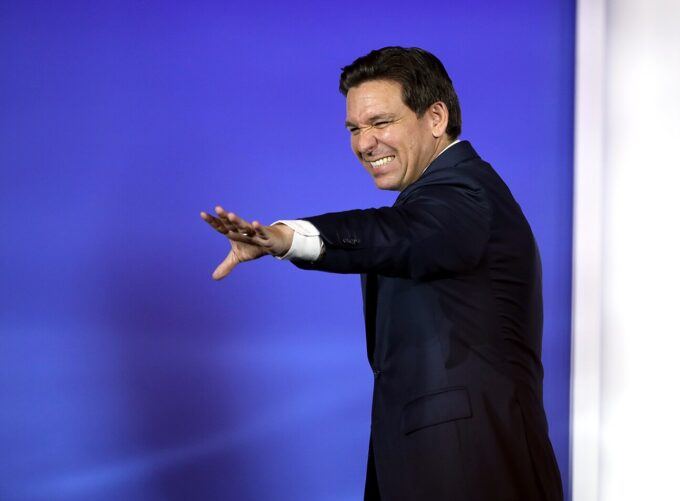
“The community schools approach has been catching on in public schools nationwide to the extent that some are now calling it a “movement.” A number of states—including California, Kentucky, Maryland, and New York—have made significant investments in spreading the community schools approach. Legislation introduced in Congress in 2023 would allocate $3.6 billion in new funding for expanding community schools in low-income school districts. According to an annual survey conducted by the federal government’s National Center for Education Statistics (NCES) for the school year 2023-2024, 60 percent of public schools claim to use some form of a community school model or “wraparound services,” a term often used to describe school-provided services that are not strictly academically related. The wraparound services schools most frequently provide are mental health (66 percent) and nutrition and food (55 percent), according to NCES.
But the growing popularity of the community schools idea seems to be on a collision course with Florida laws—and similar laws that have been considered and adopted in South Carolina, Tennessee, Texas, and other states—that police how educators deal with their students’ questions, feelings, and experiences related to mental health.
But rather than giving in to government intimidation, Leto and her Brandon High School colleagues explain why and how their commitment to the community schools approach is unwavering.”
Read the full story here.